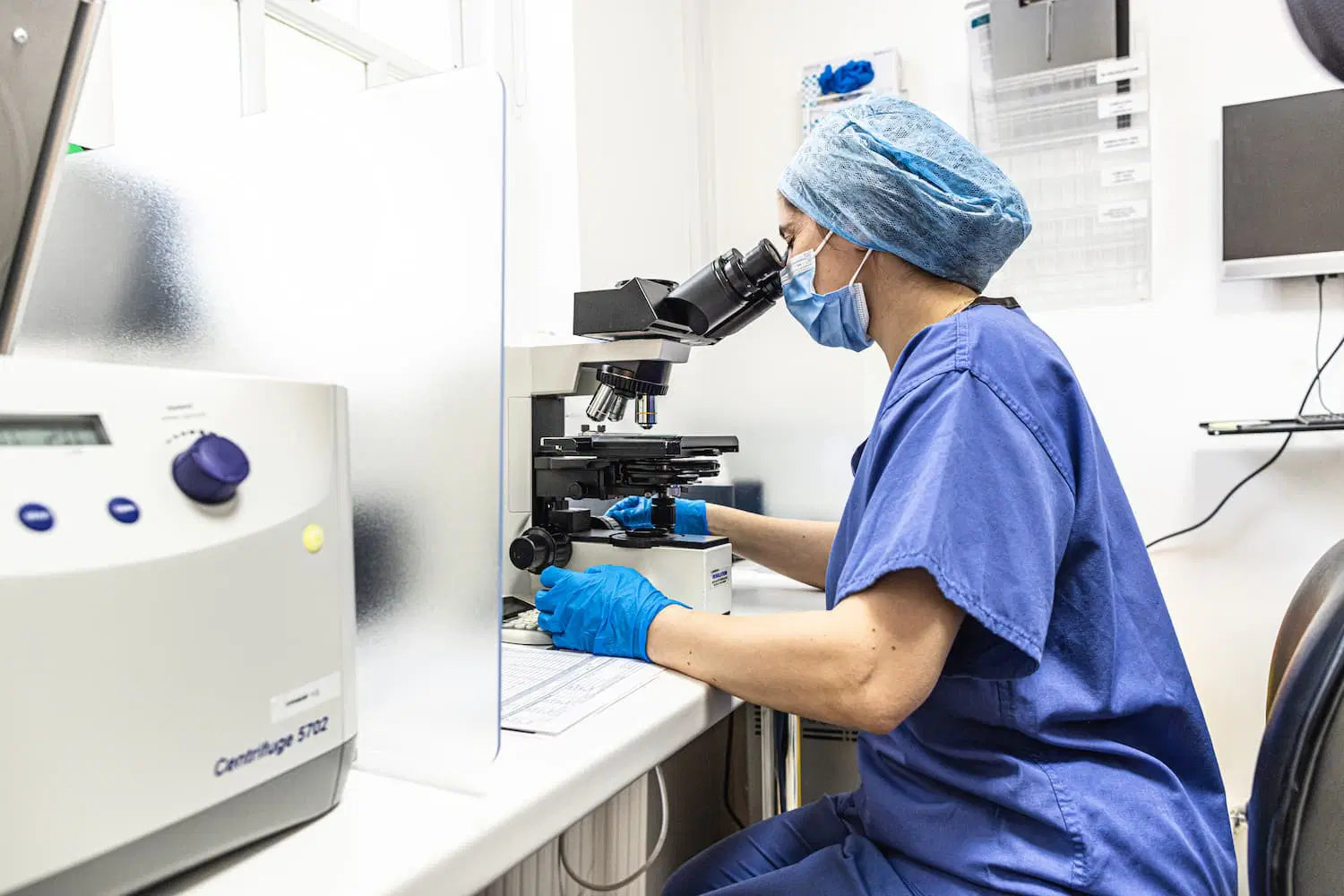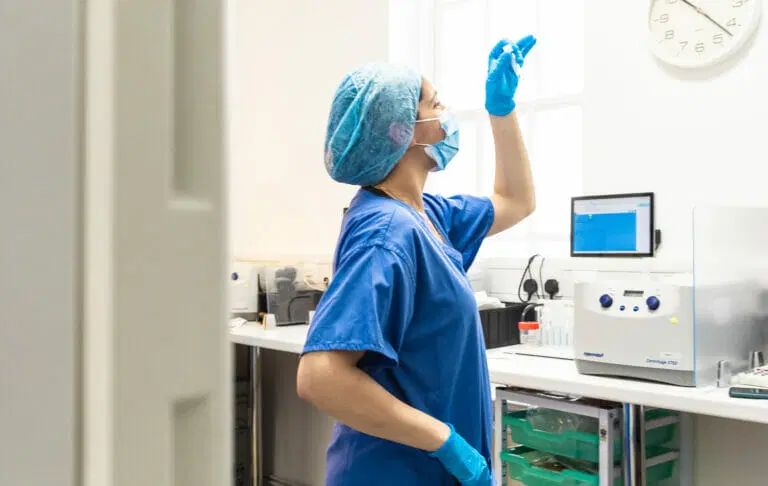WHERE TO START
You are not alone – as many as 1 in 6 couples have problems achieving a pregnancy. Kind IVF is here to help you, at every step of the journey.
Here to help
Infertility is more common than people think. If you've had regular unprotected intercourse for a year or more and have not achieved a pregnancy, we would advise booking a fertility assessment.
Our experienced team of doctors and embryologists have combined over 35 years of expertise and data-driven research to create fertility treatment packages that tackle infertility, affordably.
Our treatment is kind on your body, kind on your pocket and delivered by kind and caring individuals.

Everyone’s fertility situation is different
You might be a single woman without a partner, a woman with a partner who can’t get pregnant despite months of trying, or a partner in a same sex relationship. Because of biology or circumstances, you may be struggling to have a baby naturally. Modern IVF technology means 'infertility’, whatever its cause, is today amenable to treatment. But how accessible is this treatment?
Access to IVF on the NHS is increasingly becoming an issue in the UK. Availability can vary by location - the so-called "post code lottery" and services can be inconsistent with significant waiting lists. Kind IVF was developed to fill this gap and provide women/ couples requiring minimal specialist support with an effective alternative.
If you're ready to start trying for a family or starting to consider your future options, we would certainly recommend booking a Fertility Assessment at your nearest Kind IVF clinic. Our team of friendly, trusted experts will take the time to talk you through your individual needs and provide you with the knowledge you need to make informed decisions about your fertility.
Maternal age
One of the most common reasons why women seek fertility treatment today is because of age. It’s a biological fact that female fertility declines with age, especially after 35. Statistically, the chances of older women reduce and more complex treatment may be required. This is why we apply a cut-off age of 37 in our eligibility criteria for Kind IVF.


Male infertility
Around one-third of all cases of infertility can be explained by a biological problem with the male partner, usually in the quality of quantity of sperm cells. In such cases, IVF treatment as offered in our basic Kind IVF programme would not suitable, and success will be much better achieved with another well established treatment known as ICSI. You can read about our Kind ICSI package by clicking the button below.
Ovarian failure
There is a small proportion of women who, for mainly genetic reasons, reach menopause prematurely, usually below the age of 40 or sometimes even sooner. These are women whose ovaries are unable to produce the follicles which will become eggs and whose only chance of having a baby is with an egg donated by a fertile woman. Women of an older maternal age – usually over 40 – may be similarly affected. Our partner clinic, London Egg Bank, can provide donor egg treatments, with a catalogue of donors for a choice of suitable eggs.

Find a clinic
World class fertility treatment is closer than you think
Support, Advice & Events
Keep up to date on all things Kind IVF, read some of our success stories and learn more about what we do and how we can help you.


